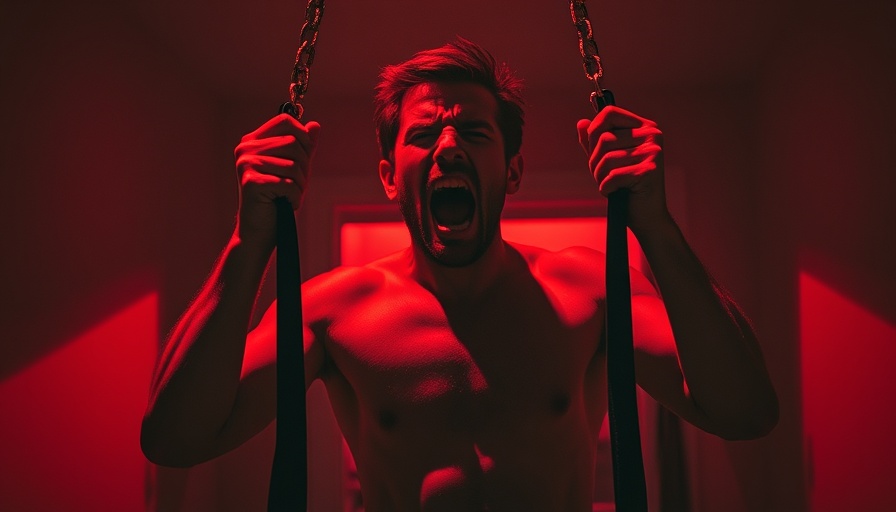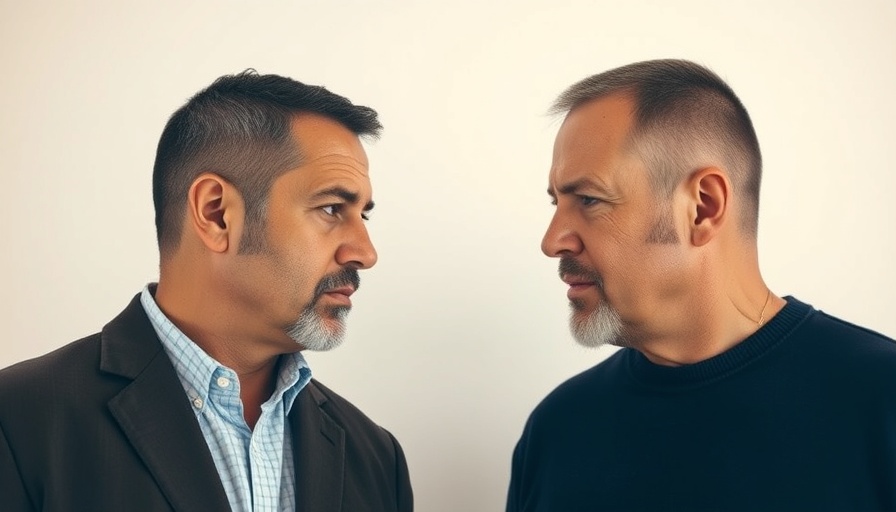
A Daring Concept: The Prisoner's Original Intent
In an era when television was just beginning to push boundaries,Patrick McGoohan's The Prisoner stood out not just as entertainment but as a radical exploration of personal freedom vs. societal control. McGoohan, coming off the success of Danger Man, was eager to create something more profound than just another spy show. The premise is straightforward, yet disturbingly complex: a secret agent, known only as Number Six, wakes up to find his world turned upside down in a surreal prison, encapsulated by the ominously named The Village. Here, every resident is stripped of their identity, reducing them to numbers, while the show conspicuously grapples with themes of authority, conformity, and the surveillance state.
The Ongoing Battle Behind the Scenes
Not only was the show's content a struggle against conventional storytelling, but the production itself mirrored this conflict. McGoohan aimed for a concise narrative arc that felt vital, arguing for only seven episodes to convey his message. The network, however, insisted on a longer season, leading to an uneasy compromise of 17 episodes. The disjointed storytelling, particularly in the later episodes, reflects both the artistic vision of McGoohan battling against network demands and the confusion that would later frustrate audiences. Each episode after the seventh pushed the envelope further: from mind-bending plots involving assassination and mind control to episodes of hand-to-hand combat set against bizarre musical choices.
Final Episode Debacle: A Satirical Conclusion
The finale, “Fall Out,” encapsulated the show’s inherent chaos and McGoohan's refusal to conform. Instead of wrapping up lingering questions, it ended on a wildly abstract note that seemed more a critique of narrative expectations than a satisfying conclusion. With a courtroom trial that included masked figures and ambiguous revelations, it left audiences feeling bewildered and angry. In fact, the backlash against the finale was so intense that McGoohan reportedly fled the UK to avoid the ire of fans.
The Prisoner's Legacy and Cultural Impact
Despite its initial failure to connect with mainstream viewers, The Prisoner has since garnered a loyal following, influencing various forms of storytelling, including subsequent television series and films. Its themes of individualism versus collectivism resonate in today’s digital landscape where surveillance and privacy are at the forefront of public discourse. Many contemporary creators point to The Prisoner as a pivotal influence, underlining how its radical narrative techniques questioned not merely the notion of freedom but also the very fabric of storytelling in popular media.
A Reflection on Creative Integrity in Television
The story of The Prisoner is a cautionary tale about the importance of artistic integrity in the face of commercial demands. It's a reminder of how the creative visions of individuals can clash with market mechanics. For aspiring creators and established professionals alike, the saga underscores the value of staying true to one’s artistic vision even amidst overwhelming pressures. In an era defined by quick consumption and rapid storytelling formats, The Prisoner challenges us to consider depth and meaning over metrics—a lesson that remains especially relevant today.
Conclusion: The Lasting Call to Question Authority
Ultimately, McGoohan’s audacious venture into uncharted narrative territory resulted in a series that continues to provoke thought and debate. While The Prisoner may have stumbled during its original airing, its legacy endures as a landmark of television history, prompting audiences to reflect on their freedom amidst societal constraints. In an age rife with digital surveillance, its messages are only becoming more pertinent.
Next time you binge your favorite series or scroll through endless streaming options, take a moment to reflect on what stories like The Prisoner ask us to confront—our freedom, identity, and the nuances of control. It’s an unfolding narrative where the ultimate antagonist may very well be our own acceptance of conformity.
 Add Row
Add Row  Add
Add 




Write A Comment